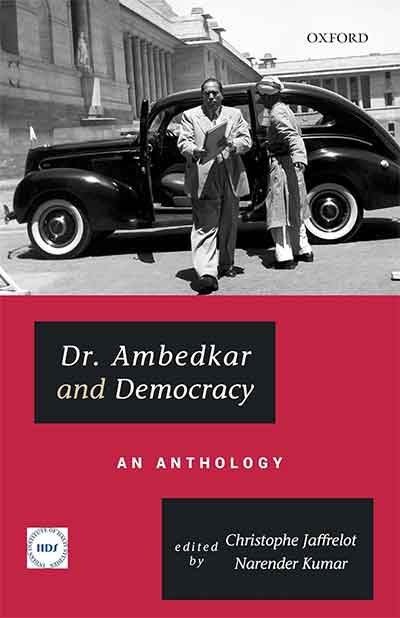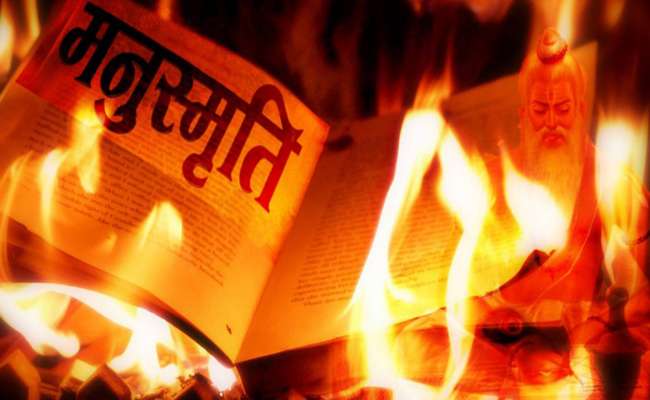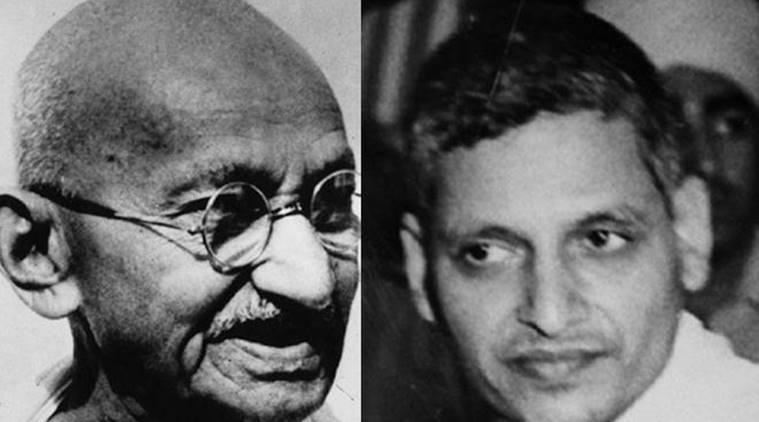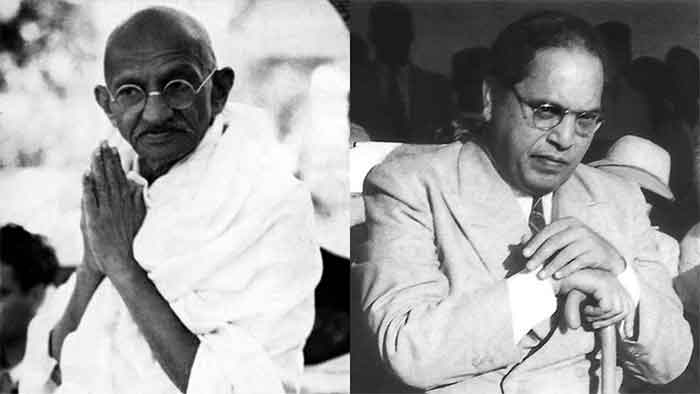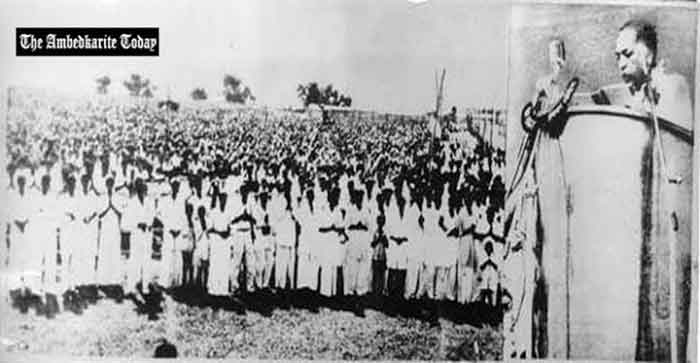
“Even though I was born in the Hindu religion, I will not die in the Hindu religion–this oath I made earlier; yesterday, I proved it true. I am happy; I am ecstatic!”
-Dr.Ambedkar, October 15, 1956, after accepting Buddhism the earlier day at Nagpur
While I was doing my engineering degree at the fag end of the 90s, I became part of an ML organization based in Tamilnadu. One day, myself and Comrade Lenin (name changed) were pasting some posters. Lenin was doing his bachelor’s degree in commerce in a govt college and stayed at the govt hostel for scheduled caste students. I was studying at a private engineering college.
The poster work got over around midnight, and we went to another comrade’s house for dinner(!). We both were starving. I started quickly washing my hands to remove the sticky glue remains. Lenin came near the water tap, washed his hands, and turned back to enter the house.
I asked, “Comrade, what are you doing? Wash your hands with soap. Else the glue will get inside your body.” He smiled and replied, “I didn’t wash my hands even when I worked as a manual scavenger in Kerala, comrade.”
I paused for a second. “What are you saying, comrade?”
“Well, that’s how I was able to earn money to pay college fees. Not only me, but many of my classmates also go to Kerala during college holidays, and mostly the job we get is to clean the toilets. I’ve been able to afford my studies and expenses all these days only with that money.”
I went speechless. I realized my upper-caste privilege for the first time in my life in its full sense. I questioned myself whether I’d clean the toilets whatever my situation be. I came across a lot of such breathtaking moments in the next few years of my life.
The moments that question the conscience of every upper caste hindu…
The “caste-based census” of the “proletarian” class that dies every year on sewage manholes…
The caste-based statistics of people who get punished for various crimes…
How selectively the huts catch fire with every “riot” and the pattern getting repeated without a miss…
What are the castes of students who take their lives in higher educational institutions…
Right from Keezhvemani to Hathras…
The moments when I sensed the criminal silence of the Hindus again and again…
When I started reading Ambedkar much later, I realized my upper-caste privilege was never affected whether I was a communist or not.
While the communist parties of all hues ask their cadres to read books like “Ludwig Feuerbach and the End of Classical German Philosophy” (as if it determines the course of Indian revolution), they don’t encourage them to read Ambedkar or Periyar. Ambedkar gets no place in the syllabus for “raising the consciousness” of the proletarian class.
Brahmanism has assimilated everything in India, including communist parties, whatever be the suffixes within brackets. I, too, started reading Ambedkar only after Rohith Vemula’s demise.
Think about it. Whether it’s the famous communist leaders with caste-based surnames or atheists who have removed their surnames, Brahmanism’s collective conscience counts them only as Hindus.
We have heard about declassing. What’s the procedure for decasting? Whether you eat beef, marry someone outside caste, or beat a Parai… there is no way you can escape from your caste that follows you until death.
Caste is a surreal reality.
You got to leap in the physical reality to move out of the ever-expanding meshes of caste. You need a new, more prominent identity. We’ve seen in the past that the identities of language and class couldn’t help much.
Hence, there is no solution except to accept a different religion to get freed from the clutches of caste. The immediate questions will be the likes of “Do you say discrimination doesn’t happen in other religions?” “Didn’t the people converted to Buddhism also get attacked?” etc.
Leaving the Hindu religion is a qualitative change in your fight against your caste identity. Otherwise, we all have to continue fighting against discrimination, and that never stops until caste gets eradicated forever.
Buddhism need not be a religion for Dalits. It’s a religion to be accepted by every Hindu who says they don’t have a caste. We have heard a lot saying that they get Buddhism spiritually at a personal level, and there is no need for conversion. Well, does that revoke your caste privilege? I have understood Ambedkar’s call only this way.
One might question about freedom. If you get converted, accept Buddhism, does that mean you’ll lose all your spiritual, political, and ideological freedom? Is every Christian visiting the church every Sunday or every Muslim praying five times a day? It holds for Buddhism too.
Buddhism is comparatively convenient to march towards the annihilation of caste than other religions in India. That’s all. Other than that, we need not forget how Buddhism acts as an institutionalized religion in various parts of the world.
These ideas grew in me in the last few years. Ambedkar took 21 years to choose Buddhism after he announced his decision to leave the Hindu religion. I didn’t do any such analysis except reading his ideas here and there.
I am not ashamed to admit it. The ordinary, impoverished people who land on Nagpur every year and accept Buddhism are not Buddhist scholars. They won’t be able to explain the differences between Navayana and Mahayana. But they believe Ambedkar. I do the same.
I firmly believe this simple belief born out of instinct is deep and honest instead of logic that led to revolutionary complacence and intellectual arrogance.
Hence, I read the 22 vows prescribed by Ambedkar, bowed to Buddha, and accepted Buddhism.
Jai Bhim! Namo Buddhaya!
Saravana Raja
Note: This write-up was originally written in Tamil by the author when he accepted Buddhism last year.
SIGN UP FOR COUNTERCURRENTS DAILY NEWSLETTER



